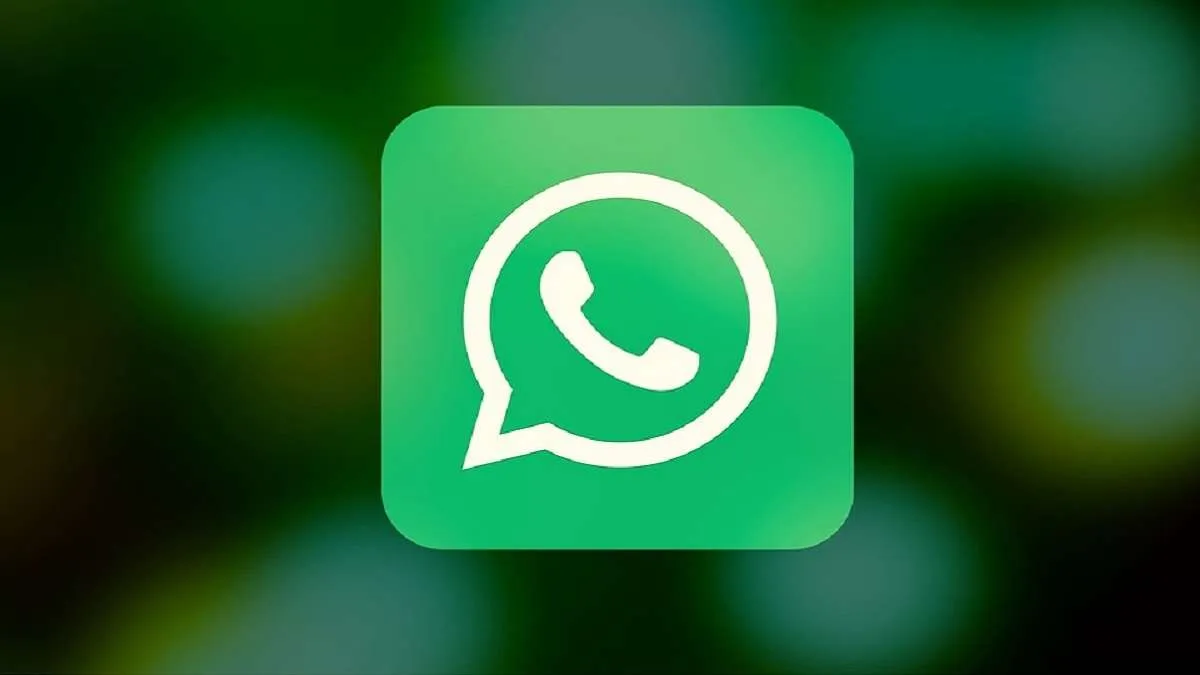New Delhi: WhatsApp told the Delhi High Court on Thursday that the popular Meta-owned messaging platform will "exit India" if it is forced to break encryption of messages. An advocate appearing for the messaging platform said people use WhatsApp for privacy and all messages are end-to-end encrypted.
This came after the High Court listed for hearing on August 14 petitions by WhatsApp LLC and its parent company Facebook Inc, now Meta, challenging the 2021 Information Technology (IT) rules for social media intermediaries requiring the messaging app to trace chats and make provisions to identify the first originator of information.
"As a platform, we are saying, if we are told to break encryption, then WhatsApp goes," the counsel who appeared for WhatsApp told the court. WhatsApp argued that the requirement violated the privacy of the users and the rule was introduced without any consultations. The Centre had earlier told the court that Facebook and WhatsApp monetise users' information for business and commercial purposes and are not entitled to claim they protect privacy.
The Information Technology (Intermediary Guidelines and Digital Media Ethics Code) Rules, 2021 were announced by the government on February 25, 2021 and required large social media platforms like Twitter, Facebook, Instagram and WhatsApp to comply with the latest norms. The bench ordered that the matter be listed for hearing on August 14 to await the transfer of all other petitions challenging several aspects of the 2021 IT Rules to it pursuant to a Supreme Court order.
What is the latest dispute?
The Ministry of Electronics and Information Technology (MeitY's) submitted an affidavit opposing the petition of WhatsApp and Facebook challenging newly amended IT Rules, stating that WhatsApp has already violated the fundamental rights of the users in India by denying them any dispute resolution rights in the country. The clauses of Dispute Resolution and the Governing Law are reproduced below to testify the same.
The Ministry has argued that if the IT Rules, 2021, are not implemented, law enforcement agencies will find it difficult to trace the origins of fake and misleading information that will percolate in other platforms, disturbing peace and harmony in society and leading to public order problems. On the other hand, Facebook and WhatsApp have challenged the new rules on grounds that they violate the right to privacy and are unconstitutional.
Observing that the matter would have to be argued by the parties, a bench headed by Acting Chief Justice Manmohan asked if the issue had been considered in any other country. "There is no such rule anywhere else in the world. Not even in Brazil," the lawyer appearing for WhatsApp said. During the hearing, WhatsApp's counsel said steps have been taken to "contain virality" and it was possible to trace the originator "traditionally" by examining the sequence of senders of a message.
The counsel also informed the court that all platforms would have to comply with the new data protection law, which deals with the collection, processing and sharing of data, once the relevant rules are framed. WhatsApp said the traceability provision is unconstitutional and against the fundamental right to privacy.
WhatsApp's argument against tracing messages
In its petition filed in 2021, WhatsApp has said the requirement of intermediaries enabling the identification of the first originator of information in India upon government or court order puts end-to-end encryption and its benefits "at risk". The plea filed by the platform said the traceability provision forces the company to break end-to-end encryption on its messaging service, as well as the privacy principles underlying it.
"We have consistently joined civil society and experts around the world in opposing requirements that would violate the privacy of our users. In the meantime, we will also continue to engage with the Government of India on practical solutions aimed at keeping people safe, including responding to valid legal requests for the information available to us," said a spokesperson for WhatsApp.
In its reply, the Centre has said the law empowers it to expect such entities to create safe cyberspace and counter “illegal content” either themselves or by assisting the law enforcement agencies. The Centre has told the court that Section 87 of the Information Technology Act gave it power to formulate Rule 4(2) of the Intermediary Rules which mandates a significant social media intermediary to enable the identification of the first originator of an information in “legitimate state interest” of curbing the menace of fake news and offences concerning national security and public order as well as women and children.
On March 22, the Supreme Court transferred to the Delhi High Court a batch of pleas pending before different high courts across the country challenging the Information Technology (Intermediary Guidelines and Digital Media Ethics Code) Rules, 2021. Several petitions were pending on the issue before different high courts including Karnataka, Madras, Calcutta, Kerala and Bombay high courts.
(with inputs from agencies)

